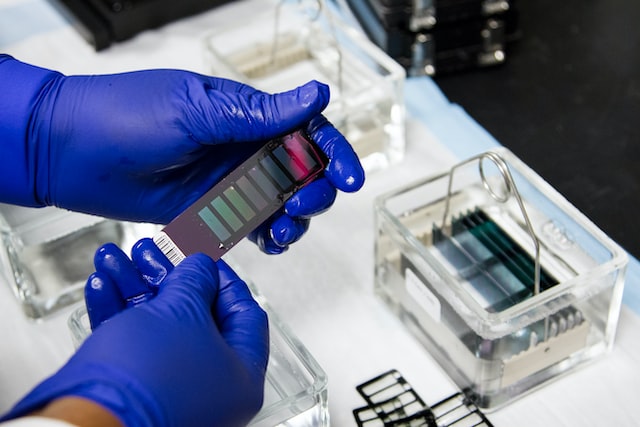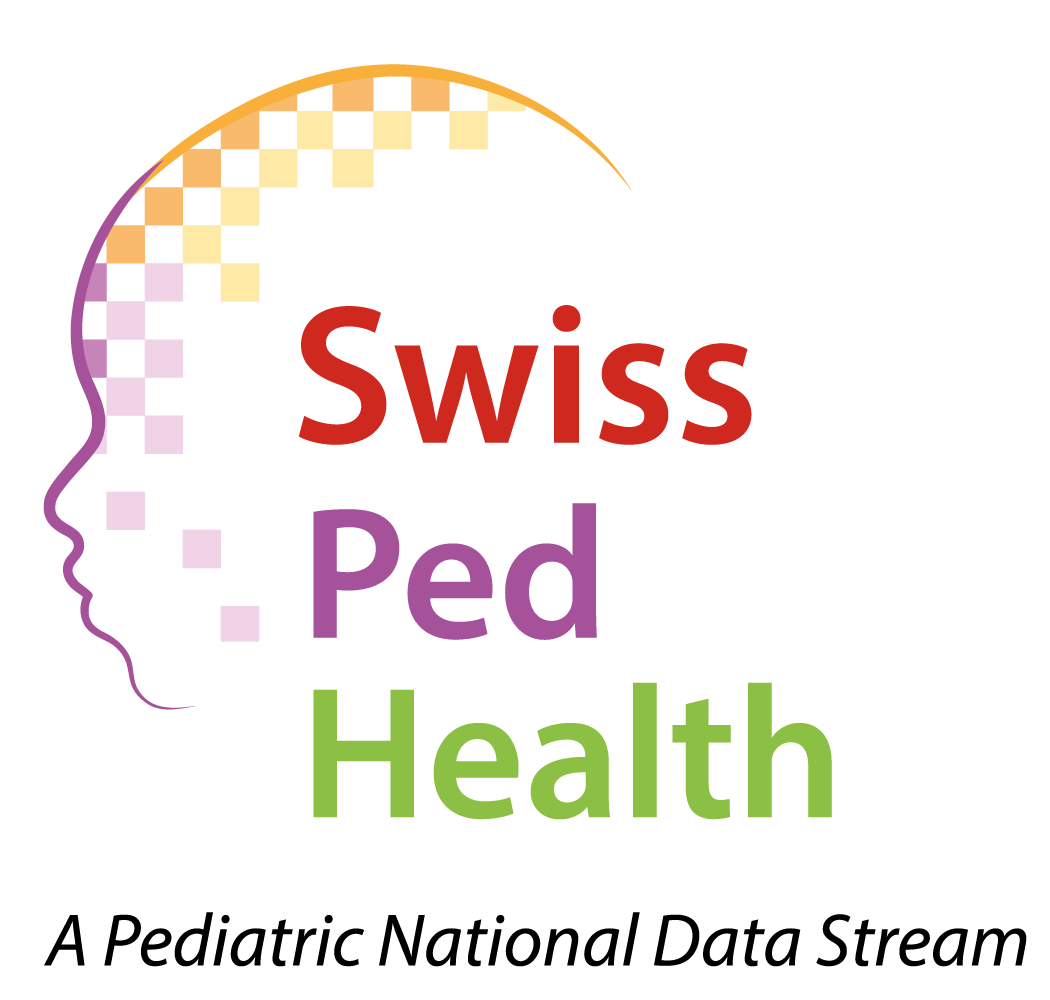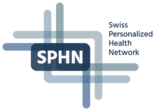
Genomic analysis allows our scientists to identify health concerns and discover new treatments.



At SwissPedHealth, while our current focus is on providing care based on the best practices in clinical medicine, we’re also looking towards the future. Our research employs machine learning to design innovative approaches that promise to revolutionize the way we diagnose and treat diseases. We are testing new machine learning approaches to detect causes of rare disease in critically sick patients more rapidly than traditional approaches so that we can, in future, supplement the routine basic care provided in clinics.
Machine learning is a form of artificial intelligence that enables computers to learn from and make decisions based on data. In the context of healthcare, machine learning can analyze large volumes of data to identify patterns that might not be noticeable to the human eye, improving our ability to diagnose and treat diseases.
At SwissPedHealth, and in the Lighthouse project in particular, machine learning is a critical component of our research and clinical operations. We use machine learning algorithms to analyze a wide range of data, from genetic information to routine clinical data gathered daily in clinics.
Machine learning plays a key role in our genomic analysis work. By analyzing genomic data, machine learning algorithms can detect genetic mutations associated with disease more rapidly than traditional methods. This capability not only improves our diagnostic accuracy but also helps us discover new treatments for various conditions, especially rare diseases.
In addition to genomic data, machine learning also helps us analyze routine clinical data. These data, collected during regular patient visits, provide valuable insights into patient health and disease progression. Machine learning algorithms can analyze these data to predict disease outcomes, guide treatment decisions, and identify areas for intervention.
By combining machine learning analysis of genomic and clinical data, we can tailor treatments to individual patients’ needs. This approach, known as personalized medicine, has the potential to improve treatment effectiveness and reduce side effects.
Machine learning is revolutionizing healthcare, and SwissPedHealth is at the forefront of this revolution. By building new applications for machine learning, we will be able to provide more accurate diagnoses, develop new treatments, and deliver personalized care to our patients.